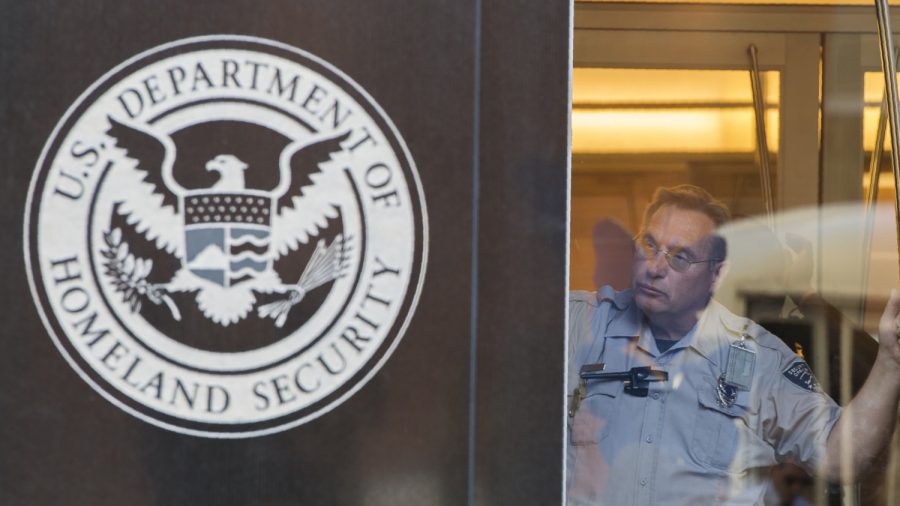The U.S. Immigration and Customs Enforcement (ICE) on Tuesday announced it will take into account noncitizen person’s U.S. military service when determining whether they should be deported.
ICE Acting Director Tae Johnson said in a statement that the agency “values the incredible contributions of noncitizens who have served in the U.S. military.”
“Through this directive, ICE will consider U.S. military service by a noncitizen or their immediate family members when determining whether to take civil immigration enforcement decisions against a noncitizen,” he said, referring to the new policy, ICE Directive 10039.2 (pdf).
ICE said that implementing the new directive is a way to formalize its long-standing attitude toward U.S. military service—which refers to service in the United States Army, Marine Corps, Navy, Air Force, Space Force, Coast Guard, and National Guard, including their reserves.
“ICE has long recognized U.S. military service as a mitigating factor that is highly relevant in making case-by-case enforcement decisions,” the agency stated. ” The new directive formalizes this practice as an official agency policy.”
“A noncitizen’s case is considered based on the totality of the circumstances and the review will account for type of discharge, length of service, and other relevant factors in considering U.S. military service.”
According to ICE, the new policy would also create requirements for ICE to “collect and maintain relevant data related to noncitizen current and former U.S. service members, while appropriately respecting civil liberties and privacy interests.”
The directive is part of the Immigrant Military Members and Veterans Initiative, which was launched in July 2021, when the Department of Veterans Affairs partnered with the Department of Homeland Security to coordinate federal support for noncitizen service members, Veteran, and their families.
Between 2013 and 2018, 250 noncitizen veterans were under deportation threat, according to a Government Accountability Office (GAO) report in 2019. Of those, 92 were ultimately deported.
“Specifically, ICE policies require agents and officers to document the decision to issue a [notice to appear] to a veteran, but do not require agents and officers to identify and document veteran status when interviewing potentially removable individuals,” according to the report.
The report also said some agents didn’t know they were meant to ask people about prior military service. It said, “Further, in December 2018 [Homeland Security Investigations] officials told us that HSI has not been adhering to either the 2004 or the 2015 policies because they were unaware of the policies prior to our review,” according to the report.
From The Epoch Times


